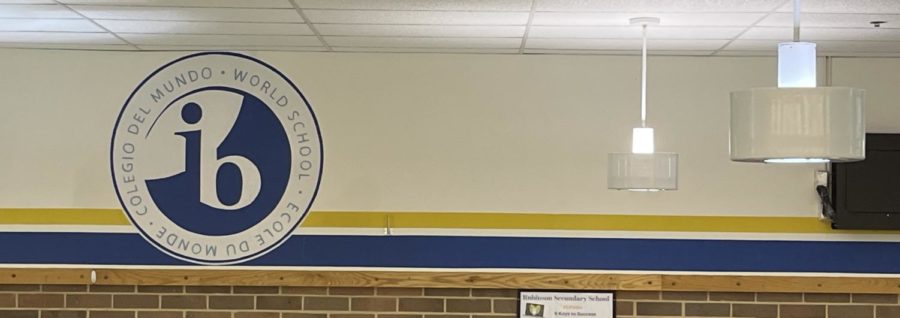While some students spent their summers laying on sunny beaches or going to the mall in the U.S., a group of 19 students and two teachers got the opportunity to travel internationally and see the beaches and forests of Honduras.
This group spent July 10- 24 sleeping on hammocks, scuba diving, participating in ecological field studies and many more activities in the country of Honduras.
Science teachers Megan Thaler and Megan Dygve said they chose to take students to Honduras because it’s relatively nearby and offered the students both the marine and rainforests site. Honduras is located in Central America and has a vast amount of biological resources; there are rainforests, cloud and beaches which host many species of plants and animals.
The group landed in San Pedro Sula and stayed at a hotel the first night. The next day they took buses to a town close the camps and then they took an hour and a half long trip up a mountain in pickup trucks to the base camp. After that they hiked for four hours to the satellite camp with thirty pound backpacks.
“That was the hardest thing that anyone of us had done…I was ready to die and all the kids were really grumpy by the end of the hike,” Thaler said. “But it was good we did it the first day because that was the hardest thing we had to do, and after that everything seemed a bit easier.”
The first week, the group started out in the cloud forests. They learned the field techniques in the rainforests. The second week was spent on an island with the research station where students got a chance to scuba dive and study coral reef ecology.
A typical day schedule in the forest consisted of two walks a day with different scientists in different fields.
The students participated in ecological field studies, worked with other scientists and completed biodiversity surveys. They learned about different techniques, such as the miss netting for birds and the capturing of spiders. The herpetologist took them out to see lizards and showed them how to capture venomous snakes.
When not doing field studies, the students went to lectures about the biodiversity and ecology on the base camp.
“It was a very successful trip in terms of the kids getting a lot out of it,” Thaler said.
The group stayed in a coastal town while they were moving from the forest to the beach for a night. The locals held a celebration for them, made them dinner on the beach and danced to the drums and native music. Later on, they were split into two groups and they stayed in the local’s houses.
Junior Daniel Mika said he was the one of only three who did not get stomach problems while on the trip.
Both Junior Karlee Barber and Mary Reynolds agree they enjoyed the trip and suggested to Thaler and Dygve that they should sponsor another international trip.
“Everyone should make an effort to travel internationally, especially to countries which are not the same as the U.S. because you get such a different perspective,” Thaler said. “I don’t want people to think that they have to have a lot of money to go on trips like these…I think kids need to make it a priority to travel.”








